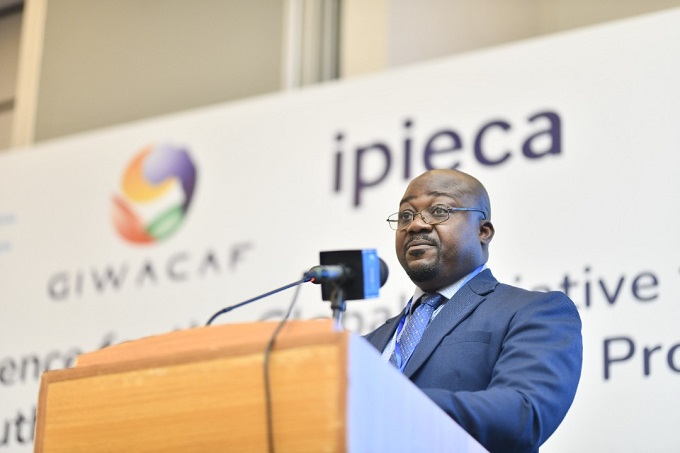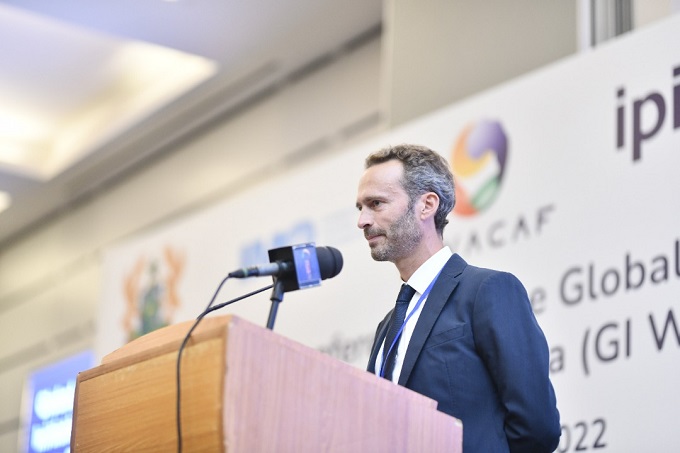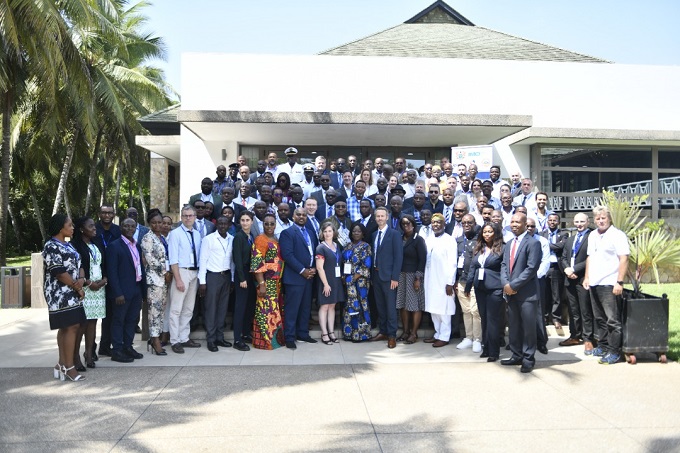A conference on oil spillage preparedness and response on the continent is underway in Accra.
The four-day conference, the ninth in a series, is on the theme: “Oil spill response preparedness in West, Central and Southern Africa: GI WACAF project, 16 years of success.”
It is being organised by the International Maritime Organisation (IMO) and Ipieca, a global oil and gas industry association for advancing environmental and social performance, in collaboration with the Environmental Protection Agency (EPA).
It is aimed at reviewing the progress made since the last conference, discussing related issues and setting strategic priorities for the next biennium.

Known as the Global Initiative for West, Central and Southern Africa (GI WACAF) project, it works in cooperation with relevant national authorities in 22 African countries for the enhancement of the capacity of partner countries in their preparation and response to marine oil spills.
More than 20 delegates are expected to share experiences and good practices and identify priority areas to strengthen oil spill response preparedness and the need for support from the GI WACAF.

Strategies
The Chief Director of the Ministry of Environment, Science, Technology and Innovation (MESTI), Cynthia Asare Bediako, stressed the need for countries to map out strategies to deal with oil spill disasters.
That was because, she said, many African countries, including Ghana, would continue to explore for petroleum to meet their urgent developmental needs.
Mrs Bediako also said it was critical for countries to work together as a team with a common interests and agenda to examine the major environmental challenges associated with petroleum exploration, as well as oil spills and mining activities that contributed to climate impact and design solutions to avoid or minimise their occurrence.
“It is a very essential and noble objective to design a project that aims at seeking interventions to address possible oil spills and ensuring readiness and preparedness to respond to any such accidents.
“Historical events of major oil spills are still fresh in our minds, as though they occurred only yesterday,” she said.

The chief director said the conference provided a good opportunity for networking, peer reviewing and cross-fertilisation of ideas.
She said it would also enable countries to work together with one voice to move the objective of preparedness and early response to a much more appreciable level within the region.
The Director of Environmental Quality Standard and Laboratory Services at the EPA, Esi Nerquaye-Tetteh, said in order to ensure that responses were managed effectively, preparation for a spill should be a responsibility that must be shared by both governments and industry.
“The importance of cooperation with respect to oil spill preparedness and response cannot, therefore, be overemphasised,” she said.
She added that the development and continuous improvement of a national oil spill contingency plan (NOSCP) was the cornerstone of a fast, efficient and well-coordinated response to oil spill events.
Focus
The Chairman of GI WACAF, Anatole Cramer, said the conference would focus on national preparedness and joint engagement between governments and industry to set new objectives for the next biennium.
To ensure the sessions were properly facilitated, he said, there would be a large panel of experts with enormous wealth of international experience in all aspects of preparedness and response.
The IMO Regional Coordinator for West and Central Africa, Capt. Dallas Laryea, said his outfit was developing new modalities to deliver technical assistance to developing countries.
Credit: Graphic.com.gh





